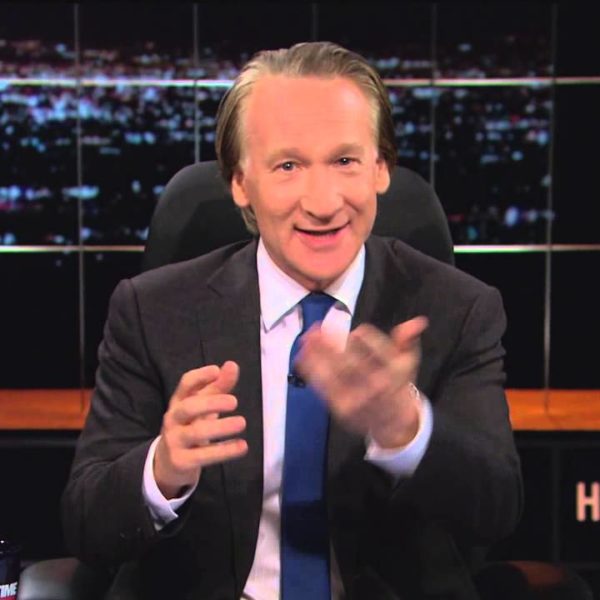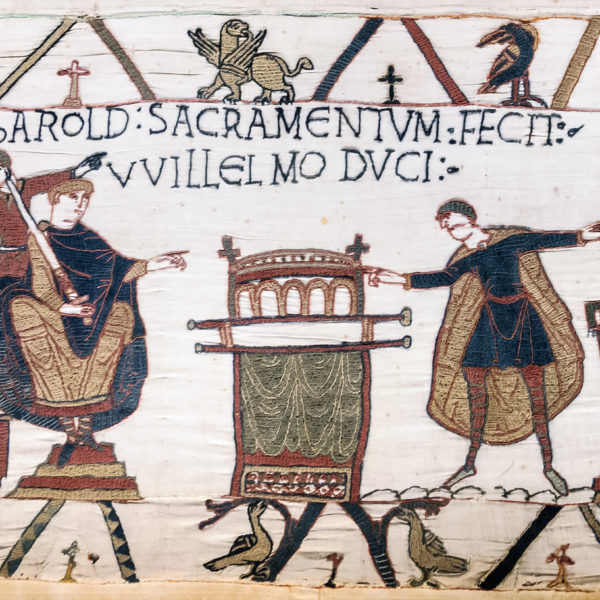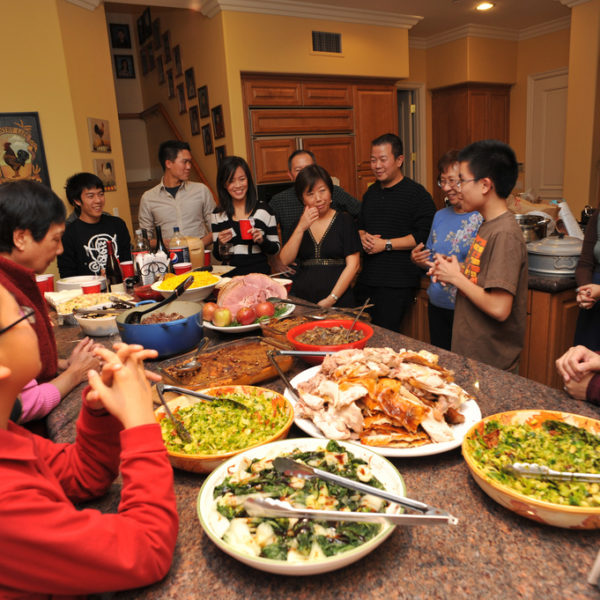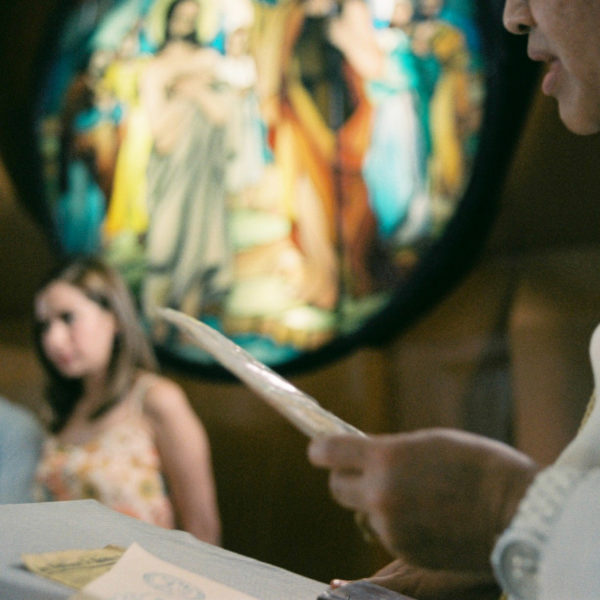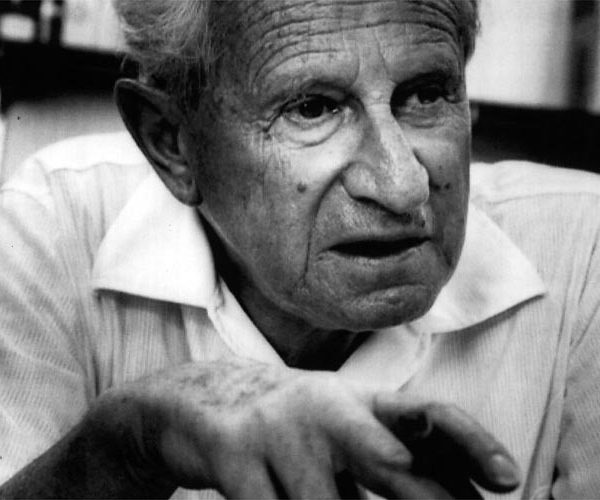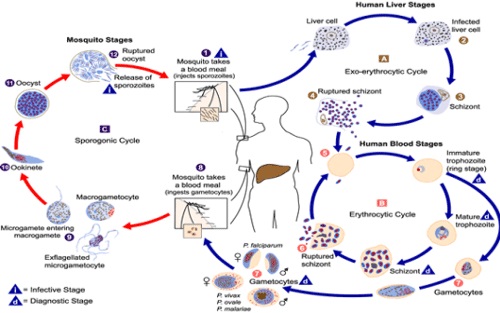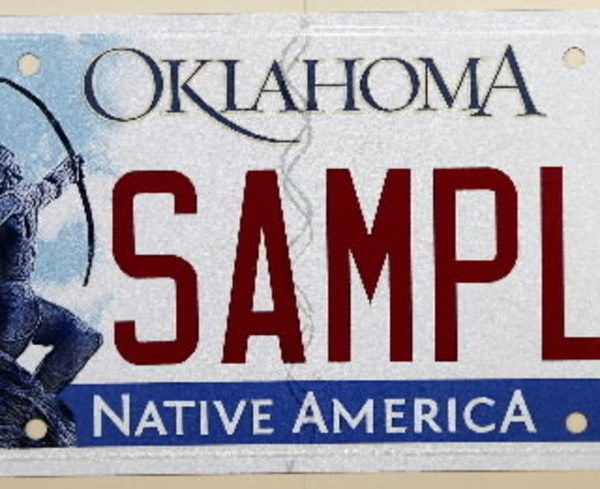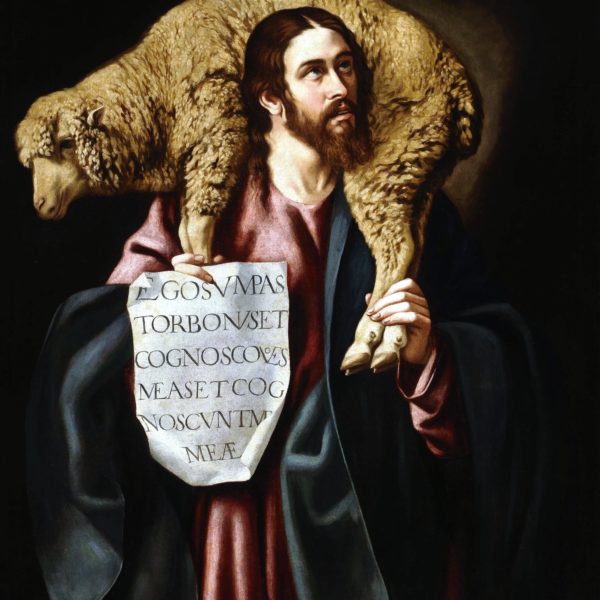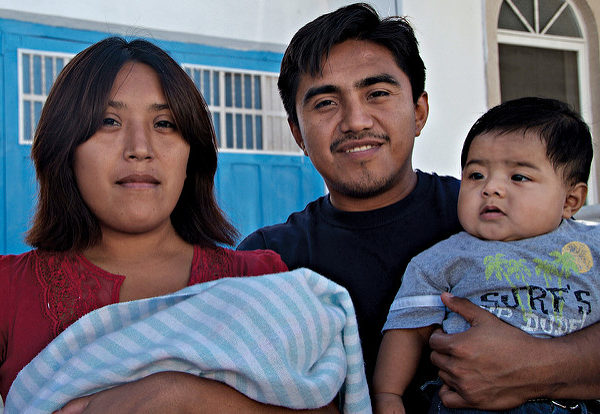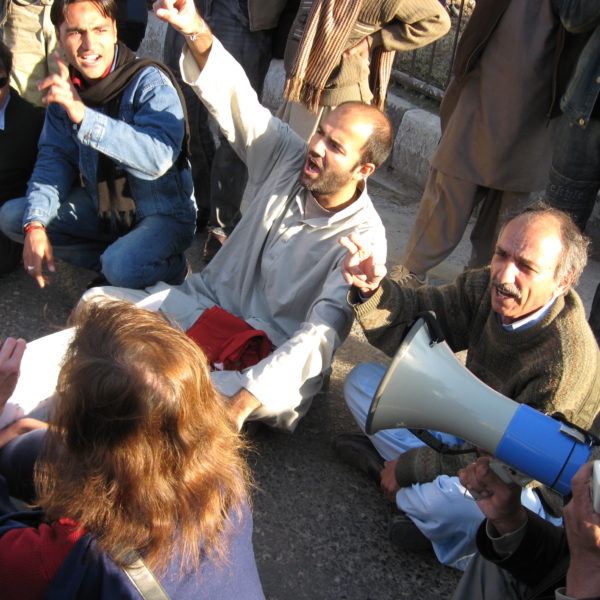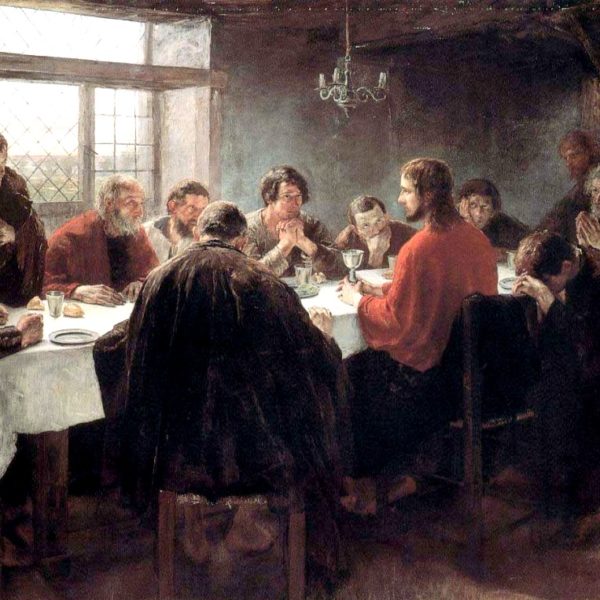
The question of the status and authority of the church after Jesus’ bodily departure looms large over the Farewell Discourse, manifesting both the concerns of the disciples and concerns of a later Johannine community. On account of the Spirit’s presence, the church is empowered to speak with a fresh yet authoritative voice to new challenges.
By Mark Davis
